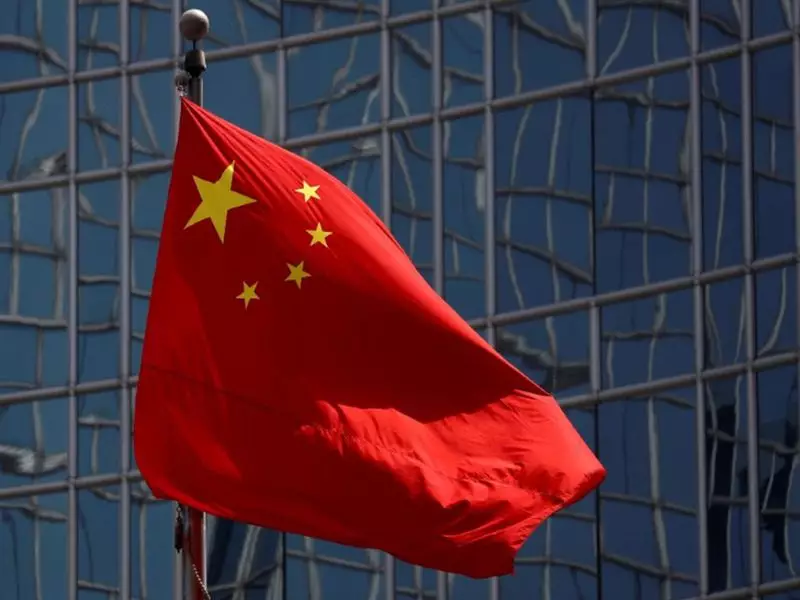
Alarming developments in the Indo-Pacific region have triggered widespread concern among defence analysts and global powers as China continues to demonstrate increasingly assertive military behaviour. The strategic waters that connect the Indian and Pacific Oceans are becoming a flashpoint for potential international conflict.
Escalating Military Presence
Recent observations indicate a significant uptick in Chinese military activities across the region. The People's Liberation Army (PLA) has been conducting extensive naval exercises, aerial patrols, and missile tests that many experts interpret as strategic posturing. This military muscle-flexing occurs near crucial maritime channels and disputed territories.
Regional Reactions and Alliances
Neighbouring nations and global powers are responding to these developments with heightened vigilance. Countries including India, Japan, Australia, and the United States have been strengthening their security cooperation through various initiatives:
- Enhanced naval patrols and freedom of navigation operations
- Quadrilateral Security Dialogue (Quad) meetings
- Joint military exercises and intelligence sharing
- Defence technology partnerships
Economic and Strategic Implications
The Indo-Pacific corridor serves as a vital artery for global trade, with an estimated $5 trillion in ship-borne trade passing through annually. Any disruption to this maritime highway could have catastrophic consequences for the world economy. The strategic importance of these waters cannot be overstated, making stability in the region a priority for multiple nations.
Diplomatic Efforts and Future Outlook
While military preparations continue, diplomatic channels remain active. Multiple nations are advocating for peaceful resolution mechanisms and confidence-building measures. However, the persistent nature of China's military expansion and territorial claims continues to fuel apprehension among regional stakeholders.
Defence experts suggest that the current situation represents one of the most significant geopolitical challenges of our time, requiring careful navigation and international cooperation to prevent escalation into open conflict.





